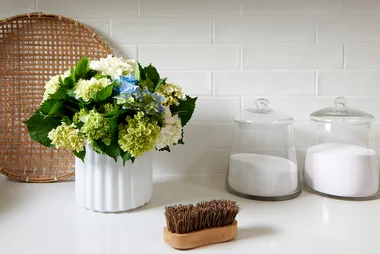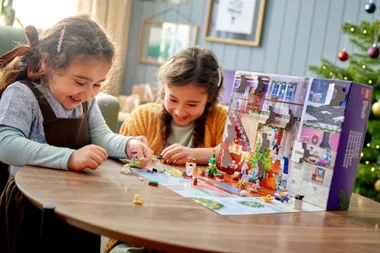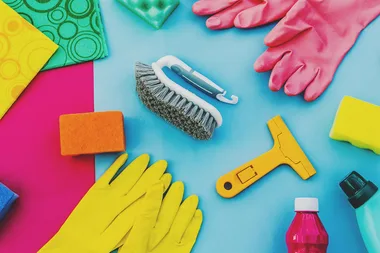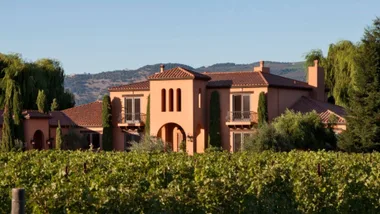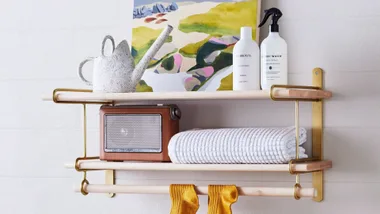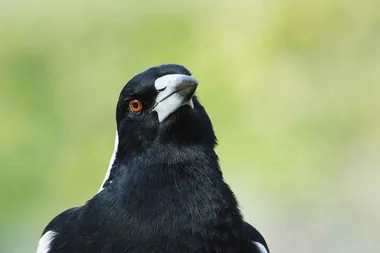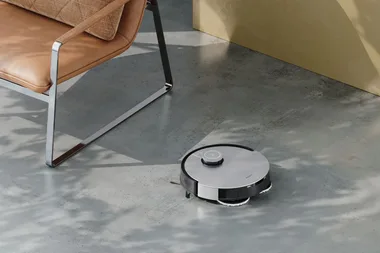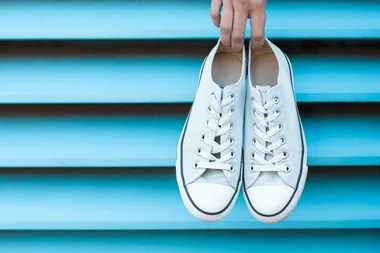It’s a commonly held belief in Australia that fake Christmas trees – which you can use year in, year out – are better for the environment than real trees, which need to be grown and chopped down. But exactly how eco-friendly are artificial Christmas trees – and are they bad for your health?
According to professor Barbara Ozarska, from Melbourne University’s School of Ecosystem and Forest Sciences, fake Christmas trees are usually made of polyvinyl chloride (also known as PVC), a non-recyclable plastic that produces carcinogens during production.
“The artificial Christmas trees are both non-renewable and polluting,” she says. “Also, in order to actually create the needles, lead is often times used – and lead can have a number of significant negative health effects, including kidney, neurological, and reproductive system damage.”
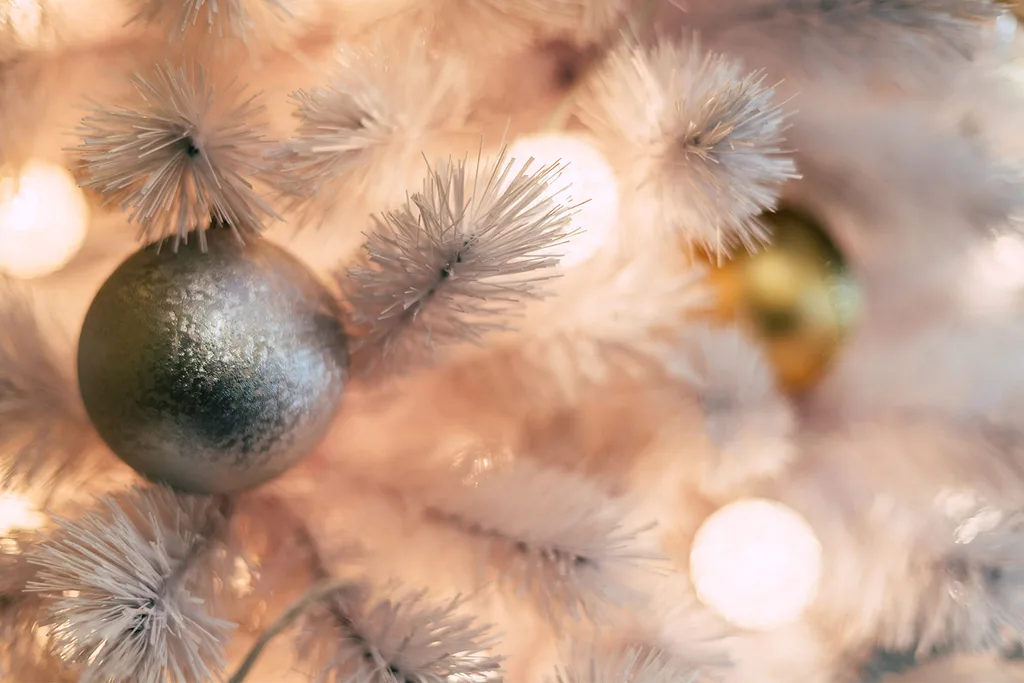
Artificial trees also lose eco credentials when it comes to their carbon footprint, as most trees are made in China and are shipped to Australia.
Moreover, according to Erin Munro, a 2009 study by Canadian consultancy firm Ellipsos – “which took into account the resources expended and greenhouse gas emissions in producing artificial trees, plus human health ramifications – concluded a fake tree would need to be used for more than 20 years to be more sustainable than a natural one.”
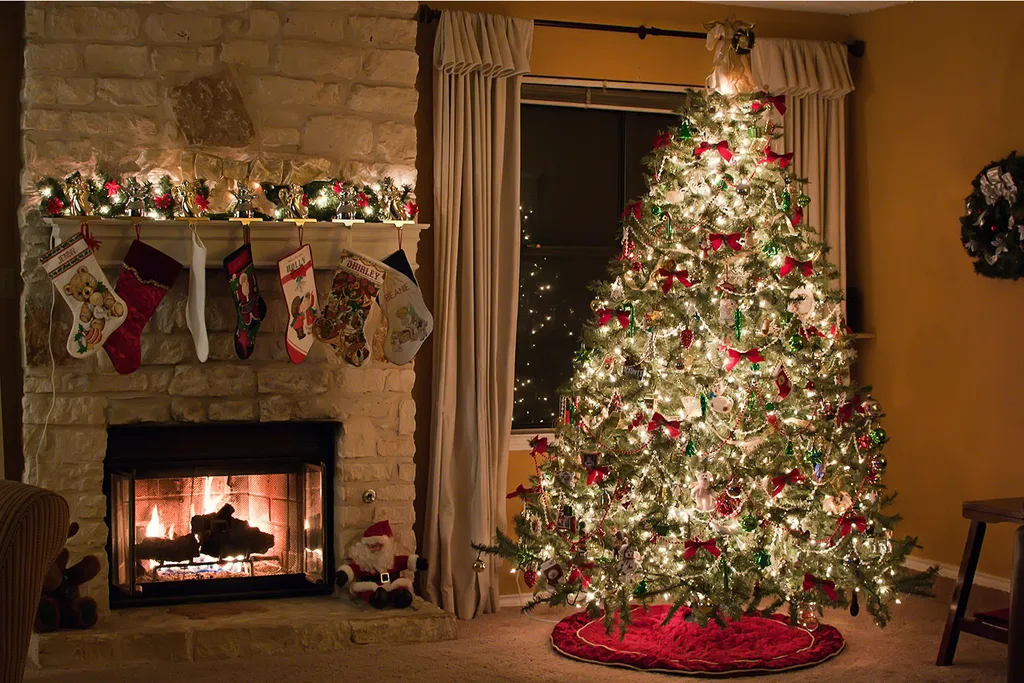
“The short answer is that artificial trees actually do more harm to the environment than cutting natural trees grown on farms,” adds Professor Ozarska.
Pinus radiata is the primary Christmas tree species in Australia and they are farmed specifically for the Christmas market.
“We’re not destroying native vegetation to grow Christmas trees. We’re putting them in on already cleared land for agricultural plantation purposes,” says Dr Chris Weston, an ecosystem ecologist from the University of Melbourne’s School of Ecosystem and Forest Sciences.
So if you’re after an eco-friendly – and healthy – option this Christmas, choose a real tree.
You might also like:
Christmas tree watering tip you need to know
How to clean up Christmas tree needles
Where to buy real Christmas trees
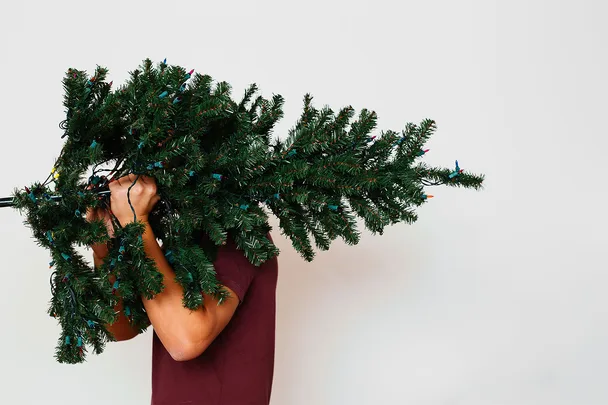 Getty
Getty
